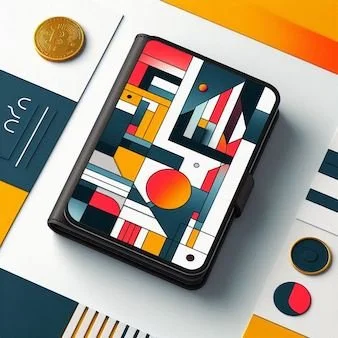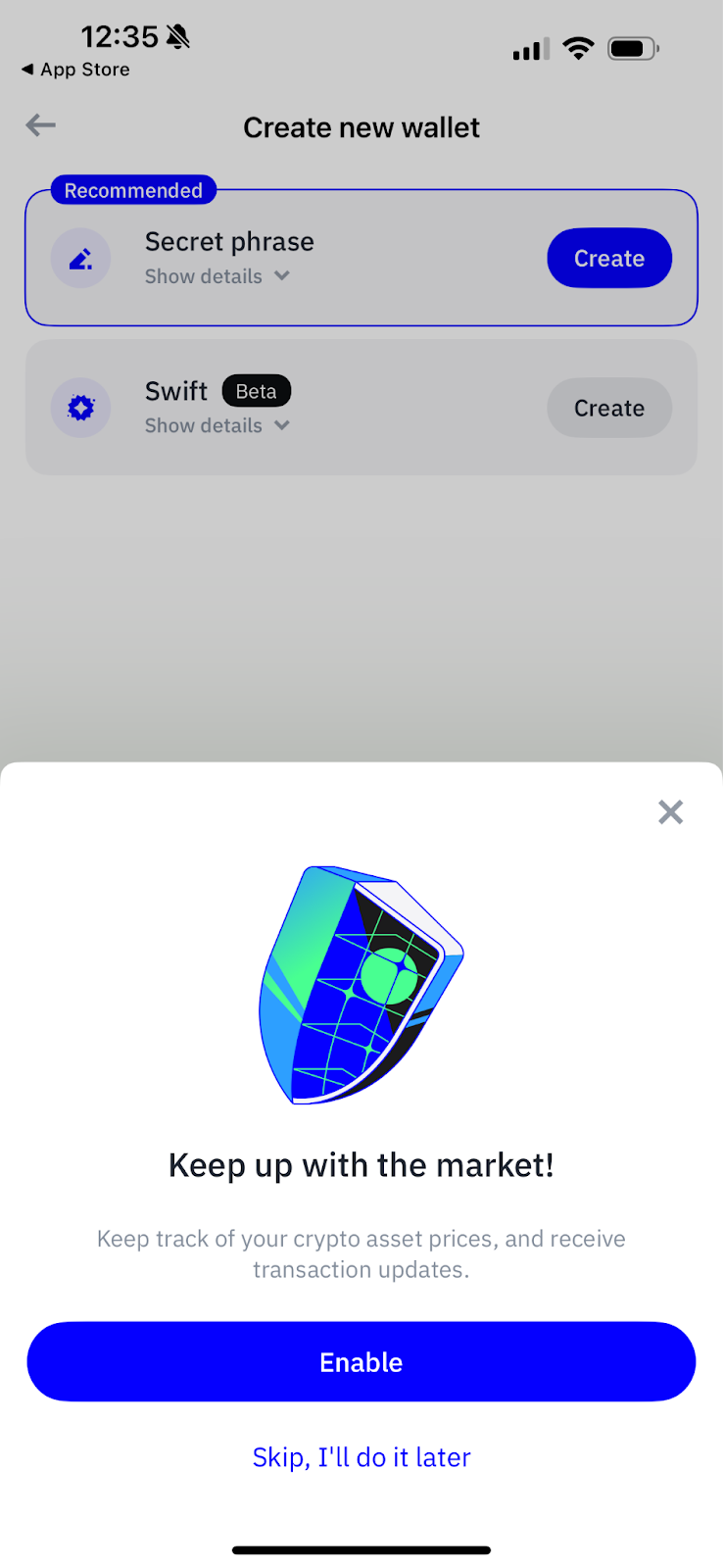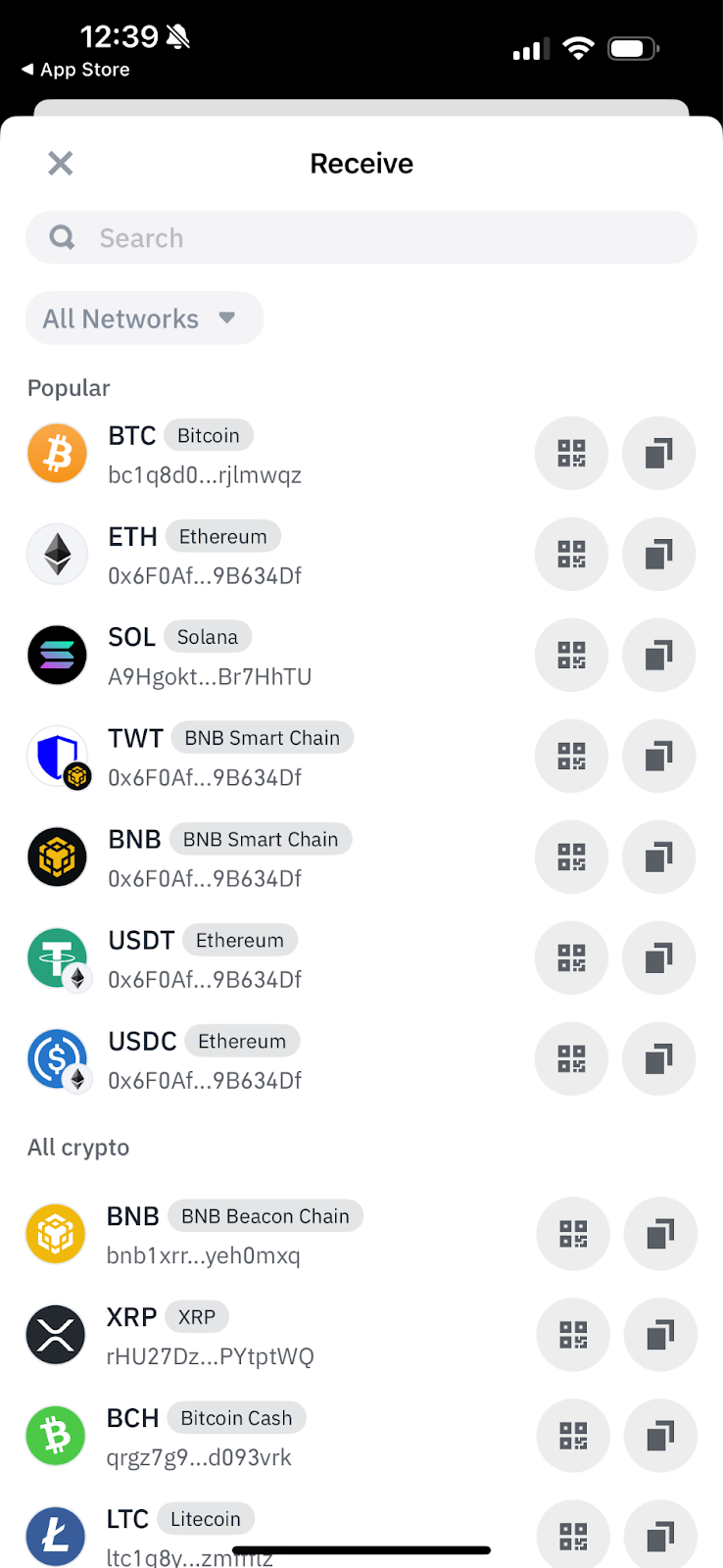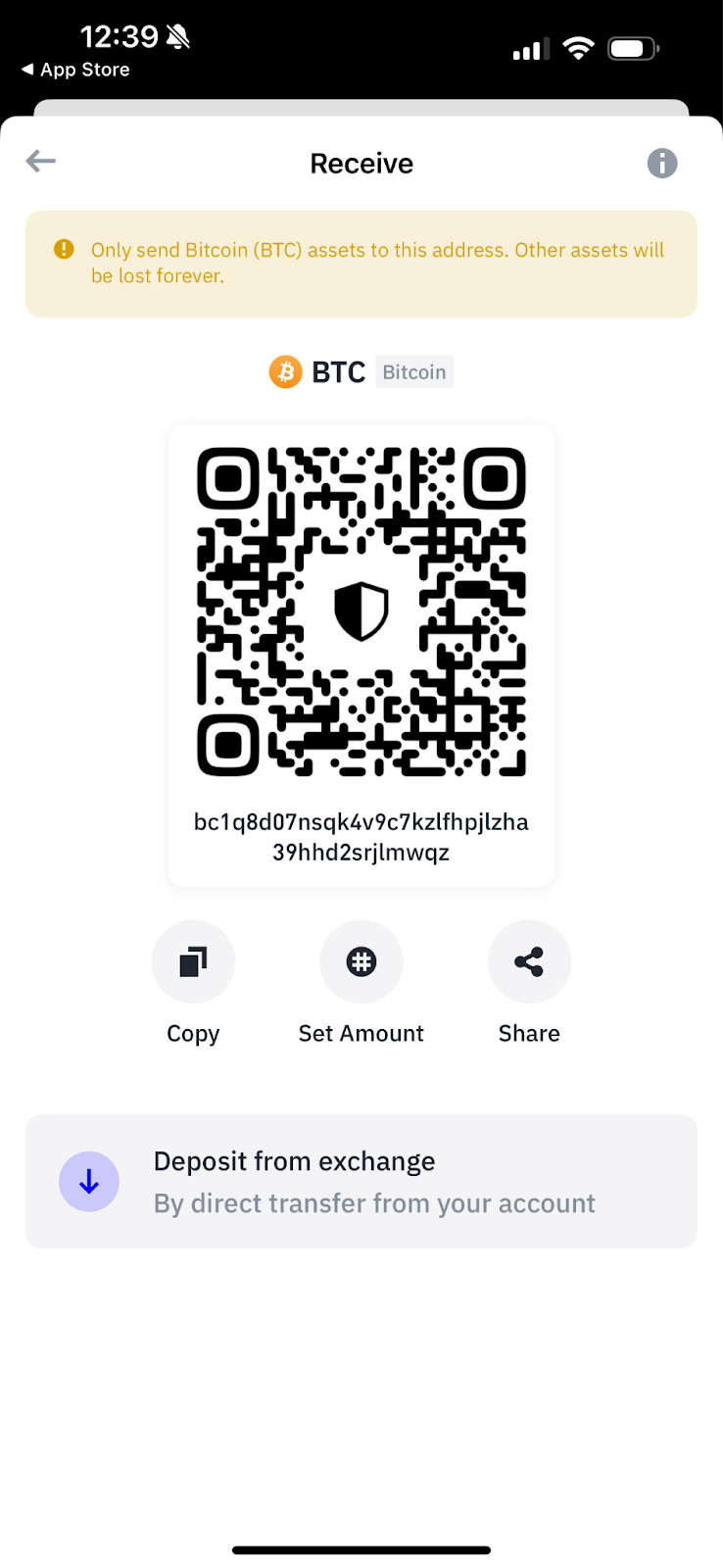Issue 5: Digital Wallets
Spring 2025
INTRODUCTION
It's been a wild ride this first quarter of 2025. Is the US dollar going to stay strong? Is this trade war going to cause a recession? Hopefully, you caught our recent newsletter on diversification because we’re now in the middle of a fire sale! It’s a reminder that you cannot take advantage of equities on discount if you don’t have fixed income in the war chest.
Liberal or Conservative, everyone has felt a bit uncertain regarding the times ahead. However, in a little corner of the financial literacy playbook sits the underdog that was born from the ashes of our last financial crisis. We are of course talking about digital assets. Hated by boomers and shunned by the very banks and governments who create financial disasters, crypto just keeps plugging along.
CRYPTO WALLET
In this newsletter, we’re going to give an intro to Crypto Wallets including one we currently use. As a refresher, a wallet is a tool that lets you store, send, and receive cryptocurrencies like Bitcoin and Ethereum. It doesn’t actually store the coins themselves, but rather the keys that give you access to them.
WHAT CAN YOU DO?
Store your crypto
Send crypto to others
Interact with decentralized apps (DApps)
Receive crypto from others
TYPES OF WALLETS
Hot Wallets (connected to the internet)
Examples: Mobile apps, desktop software, browser extensions (like MetaMask).
Pros: Convenient, quick access for trading and transactions, free.
Cons: More vulnerable to hacking or malware.
Cold Wallets (offline storage)
Examples: Hardware wallets (like Ledger, Trezor), paper wallets.
Pros: Very secure, since they’re offline.
Cons: Less convenient, risk of physical loss or damage, expensive ($150+).
SECURITY REMINDER
Never share your seed phrase. If someone gets access to that, they can take your funds. Do not lose your seed phrase. Like losing a physical wallet, don’t expect to call your bank asking for your funds back.
Crypto Wallet App Tutorial (we're using Trust Wallet as an example)
Step 1: Install and run the Trust Wallet app to create your wallet. During this process, you will be asked to create a “Passcode”. This prevents someone else from using your mobile device to access your funds. Read that again…in other words, the Passcode is a 6 digit number that would be required to send funds from your wallet on YOUR DEVICE. In other words, they will need your unlocked device AND your Passcode to send funds from your Trust Wallet. This is VERY DIFFERENT from the “seed phrase” which we will cover next.
Step 2: This is the most important step in wallet creation. In Trust Wallet, your “secret phrase”, commonly known as the seed phrase, is a 12-word sequence that acts as the master key to your wallet. It's the only way to access your wallet and funds if you lose access to your device or forget your Passcode. Anyone including you can restore or access the wallet on another device with the seed phrase.
Trust Wallet, as a non-custodial wallet, cannot recover your funds if you lose your seed phrase. Store it securely, ideally offline, in a safe place, and ensure it's written down in the exact order. Consider storing a digital copy in a secure password manager, but avoid storing it in an unsecured format like a text file on your phone or computer.
Step 3: Once you’ve created your wallet and safely stored your seed phrase, you can start using your Trust Wallet app. There are many features that support sending, receiving and monitoring the value of various cryptocurrencies. It is very important to note that each cryptocurrency type will have its own unique address. In other words, don’t try to send/receive BTC to an ETH address or vice versa. It will be lost. While recovery might be possible, this is guaranteed to be bad times.
Step 4: Your wallet will have a unique address for each type of cryptocurrency. Share the BTC address when you want to receive BTC from someone else. If you already have crypto, you just need the receiver’s address to send it along. Below is an example of a BTC address. There is both an alphanumerical version and QR code similar to many modern fintech apps e.g. Paypal. And by the way, this is our wallet, with our unique BTC address so we keep anything that ends up there:)
SUMMARY
Crypto Wallets allow users to store, send and receive cryptocurrencies such as Bitcoin and Ethereum. The popular Trust Wallet is a solid option for those looking to self-custody their cryptocurrencies, those who want the convenience of a hot wallet, and do not require the security level of cold storage.
Jon & Anh @MyUncle_Satoshi









